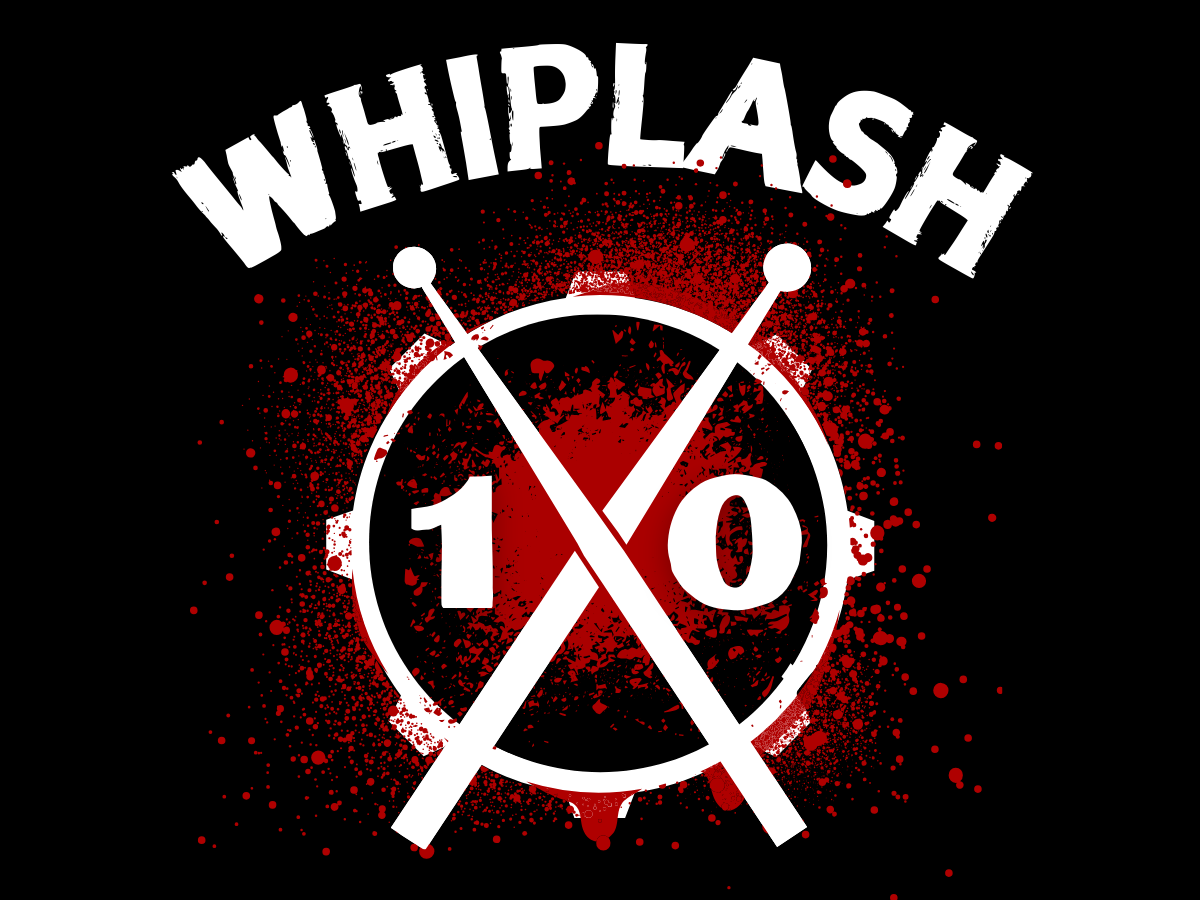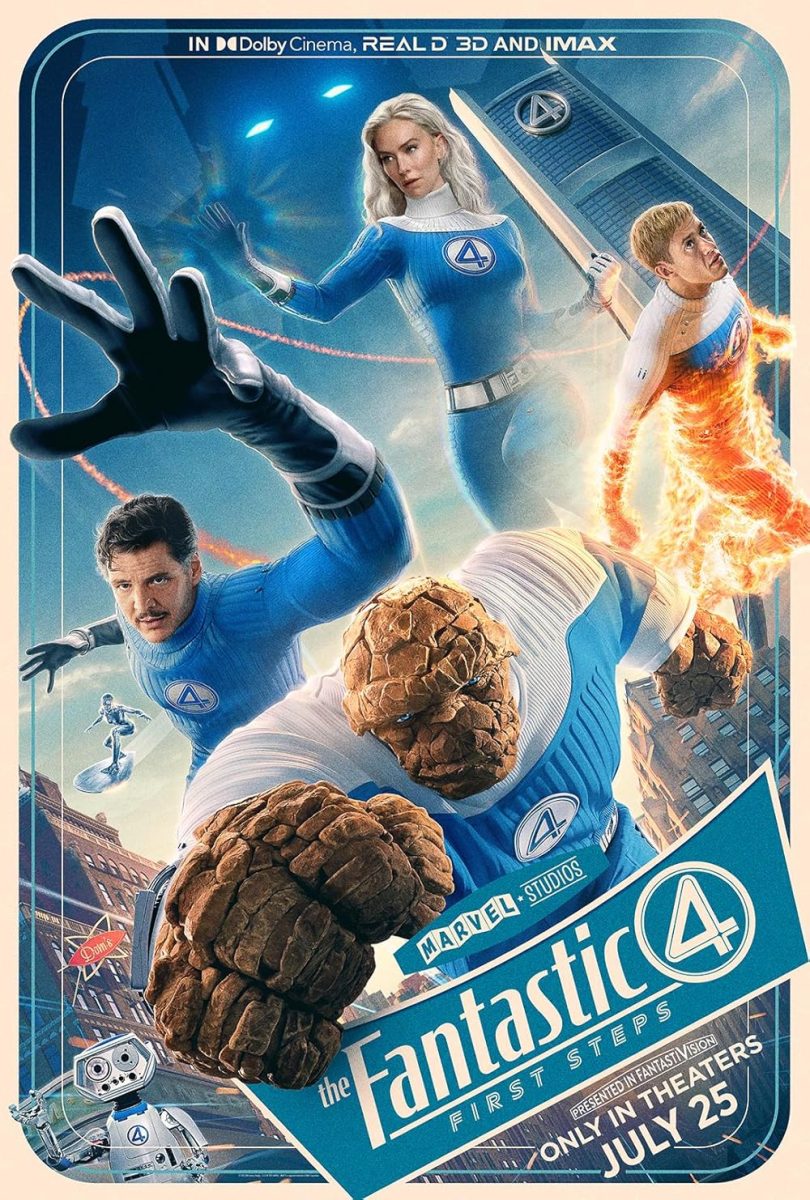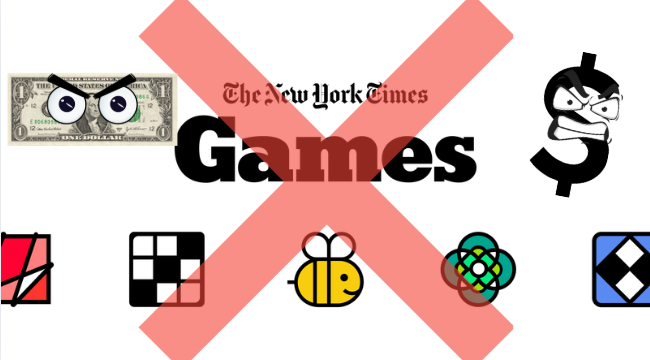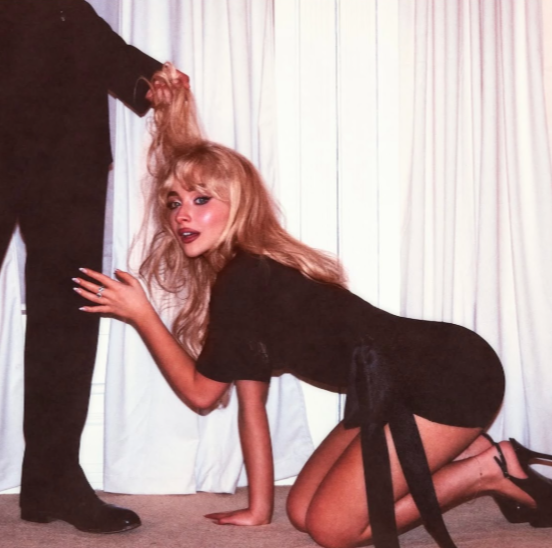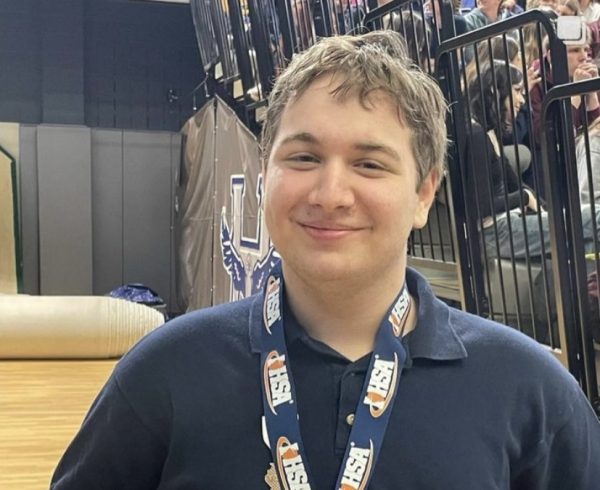Whiplash (2014), a movie about drumming with J. K. Simmons, celebrated its 10-year anniversary in January. Over half a year later, the film rereleased in American theaters. While this movie is rather popular and critically acclaimed—having an 8.5/10 on IMDb, 94% on both the Tomatometer and the Popcornmeter, and amassing dozens of accolades and nominations—its theme is rather controversial. Today, people should ask the question: in order to create the greatest artist in any craft, in order to push a person to their absolute limits, is violence and emotional manipulation a necessity?
If you know this movie, you know Terence Fletcher (J. K. Simmons), the extremely aggressive and opportunistic conductor, notable for hurling chairs and shouting at his players. In the film, he claims that this teaching style is a necessity in order to “…push people beyond what is expected of them.” Justifying his actions, Fletcher explained that his inspiration arose from the story of famous saxophonist Charlie “Bird” Parker, who, in high school, had a cymbal thrown at his feet for losing his beat and tune. Fletcher even said that he could never go too far with his approach, claiming that “The next Charlie Parker would never be discouraged.” In the same scene, he even says, “There are no two words in the English language more harmful than ‘good job.’”
At the tail end of the movie, through some bold maneuvers, the movie’s main character, Andrew Neiman (Miles Teller), ends up impressing Fletcher, which was his goal throughout the film; Neiman’s path in becoming “one of the greats” is solidified. This creates an unsettling and disturbing statement in the movie’s message.
Fletcher’s violence is allegedly for the sake of jazz, claiming that “Jazz is dying.” Despite this seemingly noble motive, the actions made to carry it out are excessively violent, unnecessary, and even deceptive. At one point, Fletcher announces to his band that Sean Casey, one of his former students, recently died in a car accident, causing Fletcher to tear up. However, it is later revealed that Casey hanged himself due to depression and anxiety, which a lawyer attributed to Fletcher’s aggressive teaching style.
Much like American Psycho, it is vital not to take the roles of every character seriously. While Neiman’s dedication to jazz drumming is admirable, and while it’s impressive that he became “one of the greats,” specifically through Fletcher, Neiman himself is an outlier in Fletcher’s career. The teacher said it himself, stating, “To be honest, I never really had a Charlie Parker.” Because of this, a question arises: how many Sean Caseys need to die to make one Andrew Neiman, to make one Charlie Parker?
When justifying Fletcher’s actions, it is also important to note that, as cliché as it sounds, this is only a movie. Not to mention that, across thousands of genres, countless artists have become “one of the greats” without this kind of teaching style, including famous drummers like Neil Peart, Phil Collins, and Ringo Starr.
While this kind of teaching style might work for some people, its violent nature can keep someone from being the next Andrew Neiman and turn them into the next Sean Casey. Considering the negative effects this aggression has on young, developing college students, it isn’t worth the chance to create another Charlie Parker if they might die like Casey, especially before they become “one of the greats.”


